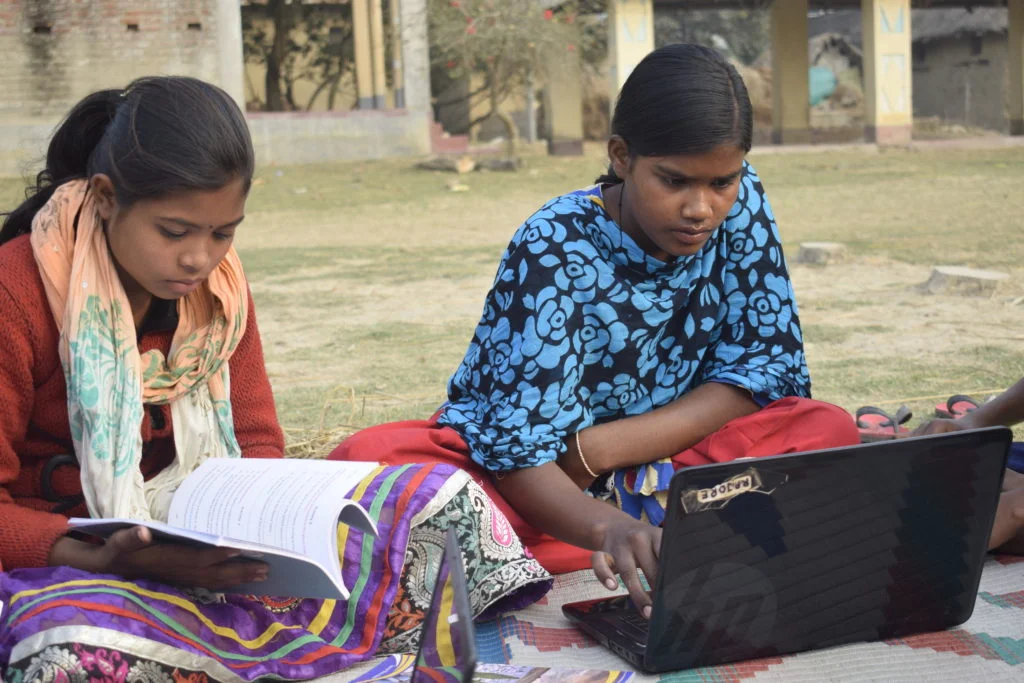By Gopalan Krishnan
In my previous blog, I had shared my journey of setting up Rukmani Trust, and our focus on educating the rural girl child to bring about lasting change in society. As the vision statement of the trust evolved, we recognized the need to leverage technology for inclusive education and bridge the rural-urban digital divide. The COVID-19 pandemic further emphasized the importance of reimagining education through technology.
Our first project, Suchana caught our attention during a visit to Faversham, Kent, England. This project, based in the Birbhum district of West Bengal, used the Integrated Approach to Technology in Education (ITE) promoted by the Tata Trusts. Suchana aimed to address the digital divide by providing computer technology to support learning and revolutionize teaching approaches. We were impressed by their work and decided to fund Suchana’s ITE program, which has benefited over 1,200 students and 11 government schools.

Another initiative we supported was English Bolo, an AI-powered English learning app provided to school-going girls in a village near Gurgaon, managed by Choma Eagles. This initiative aimed to improve students’ spoken English skills by providing them with data cards and access to the app.
Despite the challenges posed by the lockdown, we have been able to fund these projects and help students in various rural parts of India stay connected to their school syllabus. This is just the beginning of our journey, and we hope to bring lasting change to the lives of many more students. However, we believe that real change requires collective efforts. India ranks low in the World Giving Index, 2018, and it is crucial for more people to step up and make a difference in the lives of others.